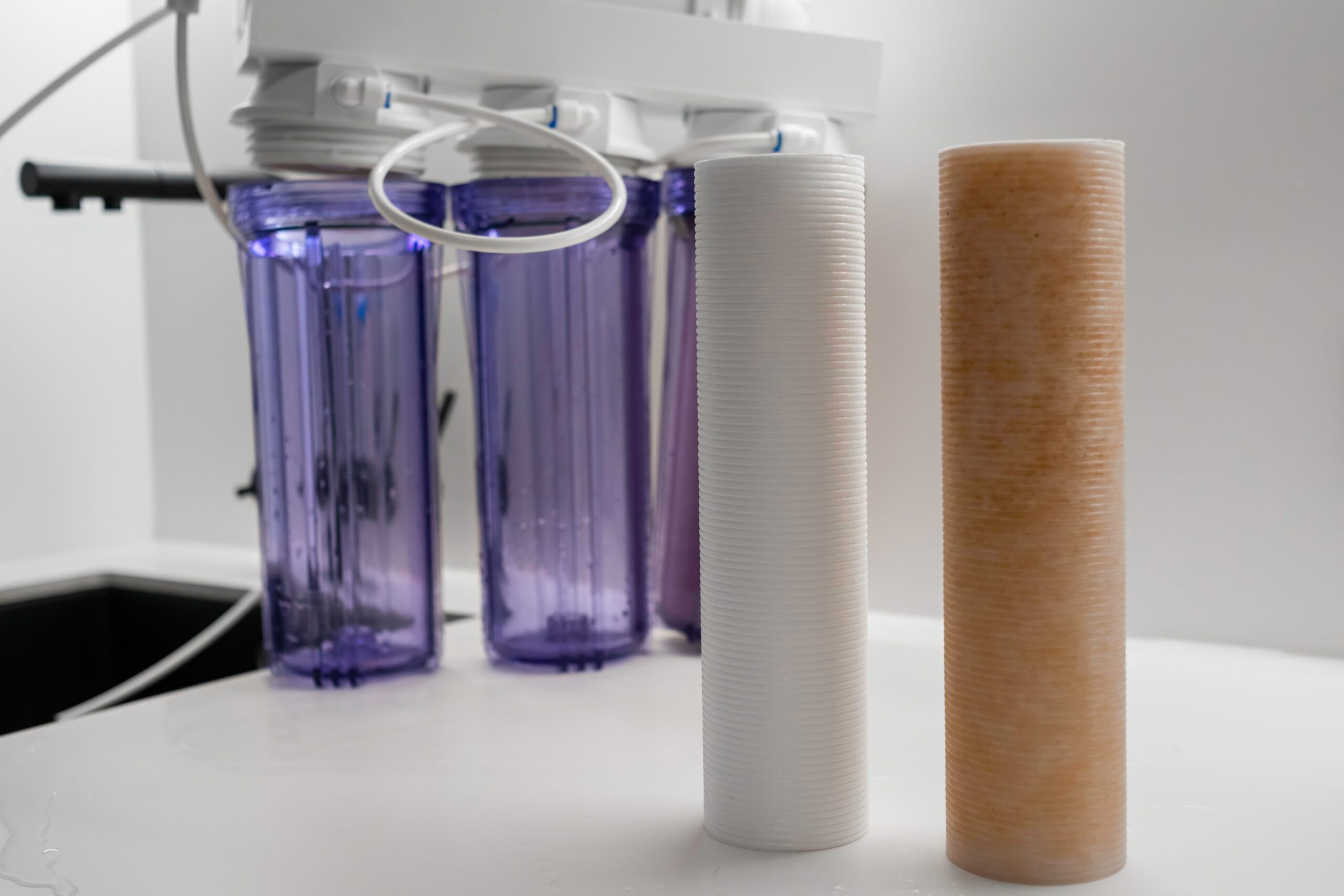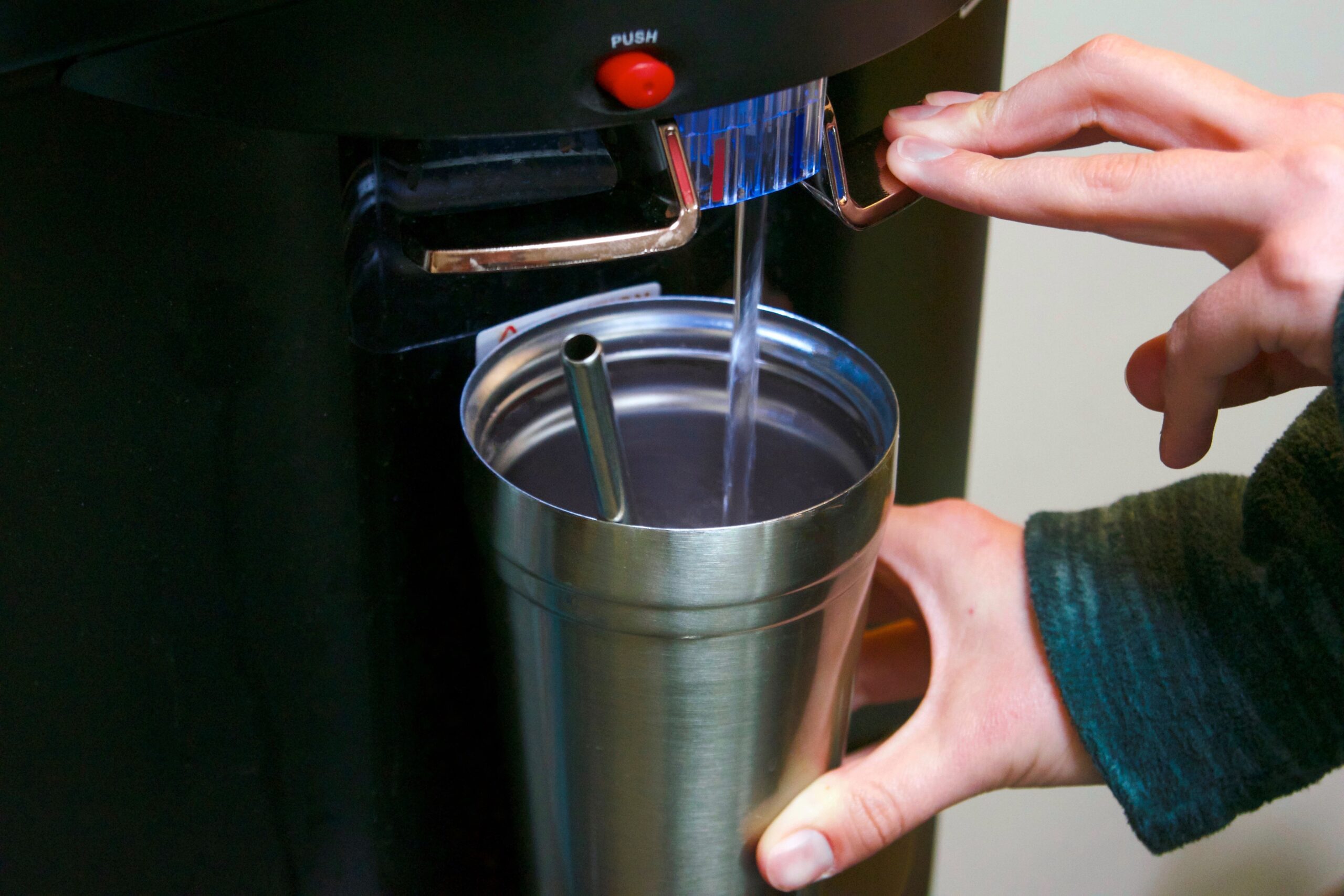Imagine a world where access to clean drinking water is no longer a daily concern but a guaranteed right for all. Sounds nice, right? For eco-conscious consumers, this vision is both a necessity and a pursuit. With growing environmental challenges, the importance of securing safe drinking water through technological advancement has never been more critical. As an organization with a pulse on all things drinking water and the environment, Bottleless Nation keeps tabs on the current trends in water purification technology and how they are shaping the future of our planet’s most precious resource.
So, let’s uncover the challenges our water faces today, examine groundbreaking technological solutions, and look toward a future where clean water is accessible to everyone. Our goal is to equip you with knowledge to make informed decisions that support both personal health and environmental stewardship.
Current Challenges in Water Quality
Water quality is a global concern, affecting millions of people and ecosystems. Contaminants such as heavy metals, pesticides, and microplastics infiltrate our water systems, posing serious health risks. These pollutants not only threaten human health by causing diseases but also disrupt aquatic life and biodiversity. The challenge is compounded by industrial waste and agricultural runoff, which further degrade water quality.
Additionally, rapid urbanization and population growth place considerable strain on existing water resources. Many regions face water scarcity, including right here in the United States, forcing communities to rely on contaminated sources. This scarcity exacerbates the need for effective purification technologies that can deliver safe drinking water to affected areas.
In response, governments and organizations worldwide are investing in water management strategies to combat these issues. However, while policies are essential, technological advancements play a pivotal role in providing practical solutions to improve water quality.
Emerging Trends in Water Purification Technology
Water purification technology is always evolving. We’ve come a long way from our dependency on corporations for clean drinking water, putting power back into the hands of offices and smaller businesses when it comes to providing purified drinking water. With that being said, we’re always keeping tabs on new and emerging technologies and these are just a few we’d like to discuss.
Membrane Technologies
Membrane technologies have gained traction due to their efficiency in separating contaminants from water. Techniques Bottleless Nation companies already use include Reverse Osmosis (RO), which uses semi-permeable membranes that allow water molecules to pass while blocking larger particles, impurities, and harmful microorganisms. However, the evolution of membrane materials continues to enhance their performance, allowing for lower energy consumption and higher flux rates. Innovations like hollow fiber membranes and composite membranes are making water purification processes more effective and sustainable, paving the way for widespread adoption in both residential and industrial applications.
Carbon-Based Purification
Carbon-based purification methods, particularly activated carbon filtration, are also emerging as a staple in water treatment. Activated carbon is known for its excellent adsorption properties, effectively removing chlorine, volatile organic compounds (VOCs), and unpleasant tastes and odors from water. Recent advancements have seen the development of engineered carbon structures, such as graphene oxide, which increase the surface area and adsorption capacity. These technologies not only improve water quality but also offer an eco-friendly alternative by utilizing renewable resources, further appealing to environmentally conscious consumers.

Nanofiltration
Nanofiltration, which operates between ultrafiltration and reverse osmosis, is a growing trend that allows for the selective removal of specific contaminants while retaining essential minerals. This unique capability makes it ideal for applications where water hardness needs to be managed without stripping away beneficial elements like calcium and magnesium. Emerging nanomaterials, such as carbon nanotubes, promise enhanced performance in water purification, offering potentially lower operational costs and improved scalability. As research continues to refine these technologies, nanofiltration could become a cornerstone in delivering high-quality drinking water efficiently.
The convergence of these trends signifies a promising future for water purification technology, offering innovative solutions that not only address current challenges but also ensure sustainable access to clean drinking water for generations to come.
Why Understanding Your Water Filtration Technology Matters
For both consumers and businesses, the choice of water filtration technology directly impacts health, safety, and overall quality of life. Firstly, using effective water filtration systems ensures that harmful contaminants are removed, protecting you and your employees or family from potential health risks associated with drinking contaminated water. Beyond health concerns, the quality of water also affects the taste and versatility of beverages, cooking, and food preparation, making it essential for enhancing culinary experiences. From a business perspective, the importance of water quality is amplified. Establishments such as warehouses, corporate buildings, and educational centers depend on clean water to maintain their reputation and meet guest satisfaction.

Moreover, investing in advanced filtration technologies can lead to cost savings over time by reducing the need for bottled water and minimizing maintenance costs associated with plumbing systems that can be negatively impacted by impurities. By understanding and optimizing the water filtration technology in use, businesses can enhance operational efficiency while demonstrating a commitment to sustainability, which is increasingly valued by consumers. Therefore, making informed decisions about water filtration isn’t simply about providing clean water—it’s about fostering a healthier, more sustainable future.
The Future Landscape of Drinking Water Technology
The future of drinking water technology holds immense promise. As research and innovation continue, we can expect even more sophisticated systems that enhance water quality and accessibility. One potential development is the integration of artificial intelligence and machine learning in purification processes. These technologies can optimize filtration efficiency and predict maintenance needs, reducing operational costs. We’ll keep our eye on this for you as this type of technology develops.
In understanding the current landscape of drinking water and its future, we recognize the significant role that technology plays in addressing global water challenges. As eco-conscious consumers, it is crucial to stay informed about these trends and support innovations that promote sustainability.
By advocating for responsible water use and investing in purification technologies, we can contribute to a world where clean drinking water is accessible to all. Together, we can ensure that future generations inherit a planet where water is not just a necessity but a right.
Follow Bottleless Nation and Bottleless Nation Charitable Foundation as we continue to promote access to clean drinking water for communities across the country and around the globe.
Ready to elevate your office drinking water? Contact our bottleless water cooler affiliates at Artesian Bottleless Water and Office H2O.

